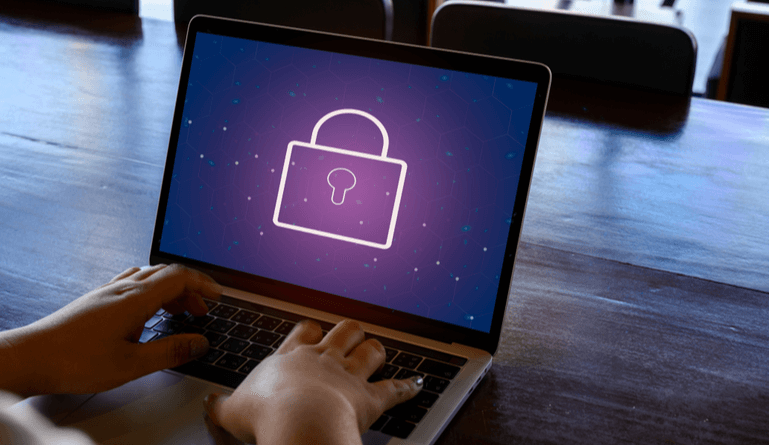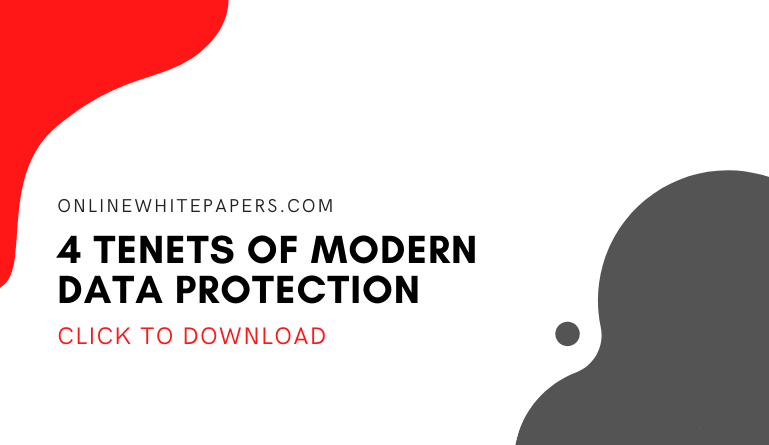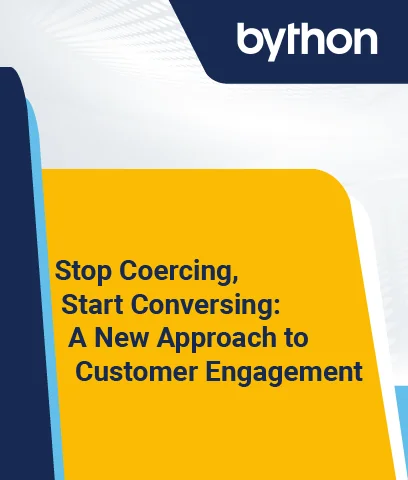Data security refers to the protection of databases within a system. It’s important to practice effective cybersecurity measures in order to protect digital data and avoid cyberattacks altogether. In our guide, we’ll cover what you should know about data security and explain different types of ways of protecting your database efficiently.
List of Data Security Software To Protect Your Business
To get started or looking for options to upgrade your data security, consider this list of software.
-
IBM Security Guardium ★★★★☆
Best Known For Securing databases effectively, easy downloads, powerful data classifications, easy deploy times
Least Known For Tricky navigation, difficult to debug due to enclosure, more on the pricey side
-
ManageEngine Data Security Plus ★★★☆☆
Best Known For Ease of use, ensures data compliance, responsive support
Least Known For Not enough enhancements on risk assessments and file share auditing
-
Sophos Intercept X for Server ★★★★☆
Best Known For Ease of use, features, support, and complete ransomware protection
Least Known For Limited User Interface, high pricing, complicated solutions for non-database driven antivirus/antispyware solutions
-
ManageEngine AD Audit Plus ★★★★☆
Best Known For Good user experience and ease of use, capable audit features, good reporting
Least Known For Useless archiving model, difficult to install multiple products on the same server
-
Commvault Data Protection Advanced ★★★☆☆
Best Known For Ease of use, customer service, cheap and easy backup solutions, fast recovery
Least Known For Difficult to navigate, bugs on new versions, and expensive pricing
-
IBM Spectrum Protect Entry Managed Server License ★★★☆☆
Best Known For Good pricing, optimized data protection, and ease of use
Least Known For Only available for Windows
-
Gemalto SafeNet ProtectApp ★★★★☆
Best Known For Easy management, compliance, high perforation, and encryption
Least Known For Being available only for Windows
-
Sentrigo Hedgehog ★★★★☆
Best Known For Budget-friendly, unlimited software choices, ease of use
Least Known For: Doesn’t detect enough attacks, lacks profiling of databases
-
IBM InfoSphere QualityStage ★★★☆☆
Best Known For Different versions, customer service
Least Known For Issues with implementation and operation phases, questionable patches, slow deployment
-
Commvault Data Protect Foundation ★★★★☆
Best Known For Good with reports and audit trails, quick support timing, better duplication ratio, works well for smaller companies
Least Known For Pricing, outdated features such as Java console, complicated licensing
-
Exo5 ★★★★☆
Best Known For RemoteKill feature, easy deployment, ability to track laptop fleet in real-time, ability to encrypt and lock compromised devices
Least Known For: Not good for large businesses
-
Gemalto SafeNet Tokenization ★★★★☆
Best Known For Wide range of products supported by software, solid performance, ease of use, reasonable price
Least Known For Lack of various liabilities
What are the Different Kinds of Data Security Software?
Yes, there are different kinds of data security software. There are many types of software that cater to the security of multiple kinds of databases. But learning about each one can help you figure out what would be the best type of data security software for your platform.
-
General Data Security
General Data Security mainly secures data from customers, employees, and businesses. This information can be allowed access by administrators in charge of data security and can run tests for the security. As for security inspections, administrators can use general data security to improve databases along with backups of encrypted information that can prevent more data breaches and cyber-attacks.
-
Mobile Data Security
It’s similar to general data security, but with more security since it’s for mobile devices. The only difference with this type of data security is that it has more features in terms of authentication and communication. Obviously, when carrying around a smartphone, the first thing one would notice is two-factor verification and software updates. Mobile data security maintains mobile application management standards in order to protect it from malicious software that could compromise a mobile device.
-
Database Security
This type of security is self-explanatory. Database security was designed to protect databases from security breaches and other types of malware. Companies will mainly use this from other parties from gaining access to their databases. After all, you want to ensure that all of our data is safe and doesn’t get into the hands of unauthorized users.
-
Data Loss Prevention (DLP)
Or DLP, is a technology that secures any type of sensitive information, maintains backups, and ensures data compliance. Companies will use DLP as a form of a backup plan because it stores information in the sense that every single piece of data gets organized properly. Generally, DLP technology gives companies an idea of what to do when data gets lost.
-
Identity Management Software
Identity management software is a flexible tool that works in many ways. This type of software can help track the history and control the permission of users who are allowed to access critical information belonging to businesses. Say you sign up on a site and it tells you how strong of a password you need to create. That’s a perfect indication that identity management software does its job pretty well.
-
Encryption
Encryption is crucially part of data security because it masks data that can be only accessed and approved by users that can read the encryption. Examples of encryption include anonymous web browsing and securing communication.
-
Data Masking Software
Though encryption can mask data, data masking software mainly does this for sensitive information in order to protect it from the public eye. Though there are techniques that can teach developers how to effectively mask data, data masking software shields from unintended exposure and reduces the chances of data getting breached.
( Also Read: New Trends in Cyber Security to Know for 2021 )
Importance of Data Security
There are plenty of reasons why developers should consider data security software. However, you can get out of data security with just three different benefits below.
-
Securing Confidential Data
Downloading data security software will obviously do its job securing confidential data. After all, what’s a better way to secure confidential digital data other than data security software?
-
Prevent Data Loss
Using data security software to protect your data can also prevent the loss of all digital data. With this type of software, maximum protection of all confidential data is guaranteed.
-
Ensure Compliance
On top of organization and security, compliance gets better with data security software. Part of good cybersecurity practices includes limiting the number of people who have access to digital data. Knowing who has complete access to the database leads to clear data compliance with legal data processing regulations.
Final Thoughts
During this time of tech and consumerism, it’s safe to say that data security is the most significant tool system to have when it comes to protecting all of your digital assets. Working with cybersecurity can be complicated at times but having certainty with data security software should keep cyber issues at bay. Though this past year has been a rough one for everyone, data breaches still continue to loom over various types of industries. Hence, it’s important that developers and digital marketing agencies keep data security in mind, and how they can innovate as well as expand their databases with better tools with data security software.








